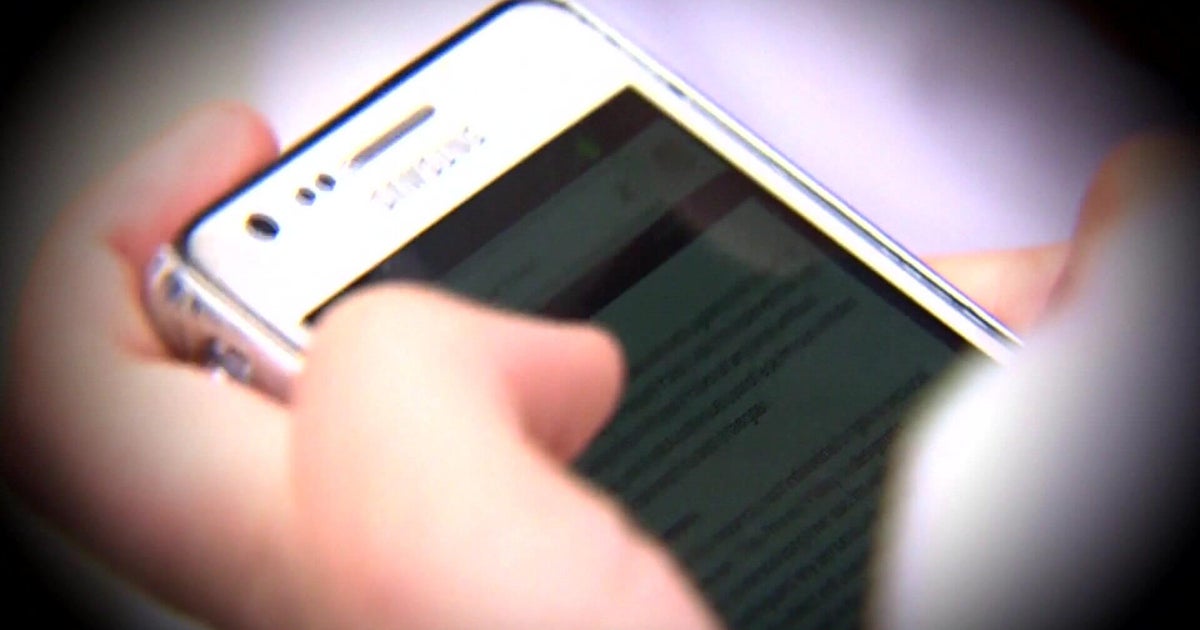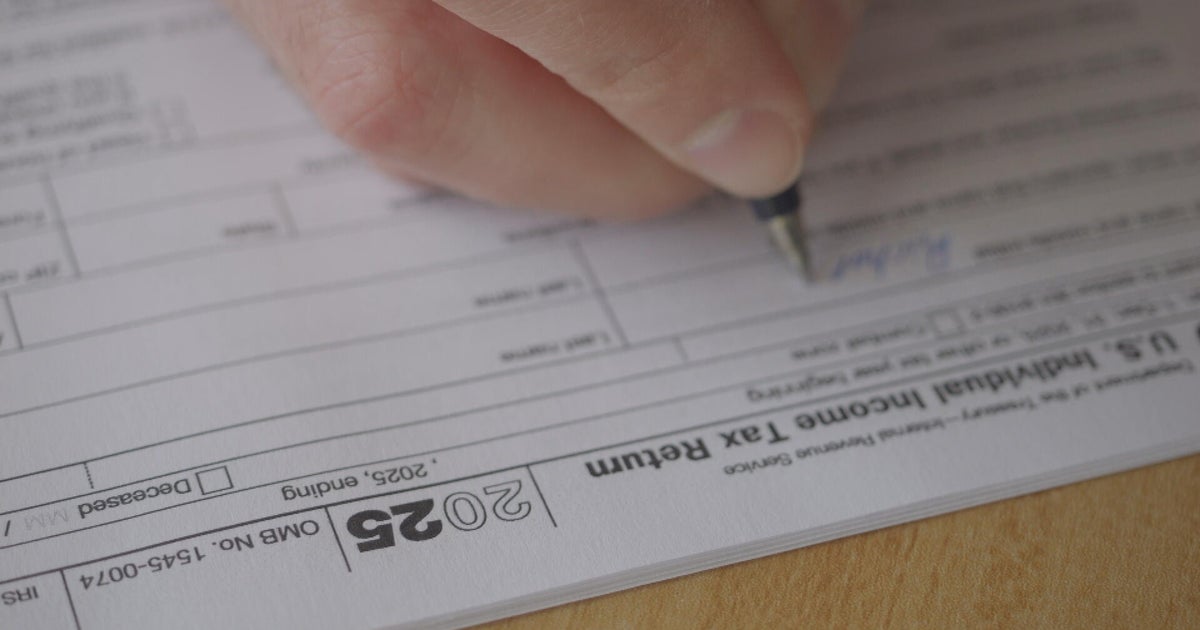Scammers ramp up activity as tax deadline approaches
Peak tax season comes with an increase in scammers hoping to dupe people out of their money. In recent years, more than 75,000 Americans have lost $28 million in IRS impostor scams, according to the Federal Trade Commission.
Amy Nofziger, a fraud expert for AARP, says people should be on the lookout for these scams, because the impostors, "know that we're stressed and that it's going to be easy manipulating us."
Would-be victims receive a phone call, text message or email claiming to be from the IRS, saying back taxes are owed or there's a problem with a return.
"We hear a lot of people being requested for prepaid gift cards or even cryptocurrency to pay for these," Nofziger said.
She also said to pay close attention when hiring someone to prepare your return.
Tiffany Maddox says a company she trusted to prepare her taxes took about one-third of her refund. She told CBS News the company seemed legitimate, but a few weeks after she filed, somebody sent her a message on Facebook saying they had been scammed out of $2,000.
"That's when I started to worry," Maddox said. She now cautions others not to trust ads they see on Facebook and to go in person when doing their taxes.
The Alabama mom, who also took to Facebook to warn others, is one of thousands who have fallen victim to preparer scams.
Unscrupulous tax return services could also leave people open to liability with errors or false information. In some cases, they can even deposit your refund in their account.
Nofziger also said people should try not to leave paper checks sitting in their mailboxes for too long because of a practice called check washing.
"This is where a criminal will steal your paper check and, essentially, they'll erase whatever you have on there... and they'll rewrite it to whoever they want to rewrite it to, and often they'll write it for higher dollar amounts," she said.
Tax experts also say that, if the IRS needs to get in touch, it will most likely contact you by mail first. So, if you are receiving a call, text or email as your first contact, it could be a scam.
Experts also say it's important to check the credentials of anyone you give your information to and, if possible, pay digitally.



